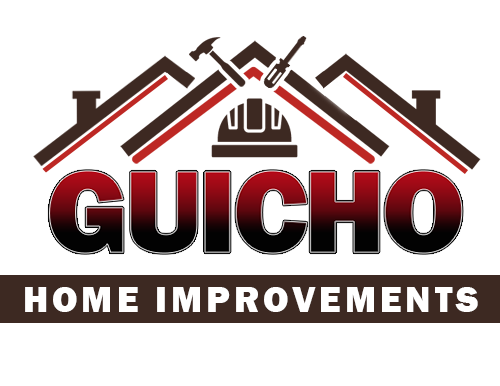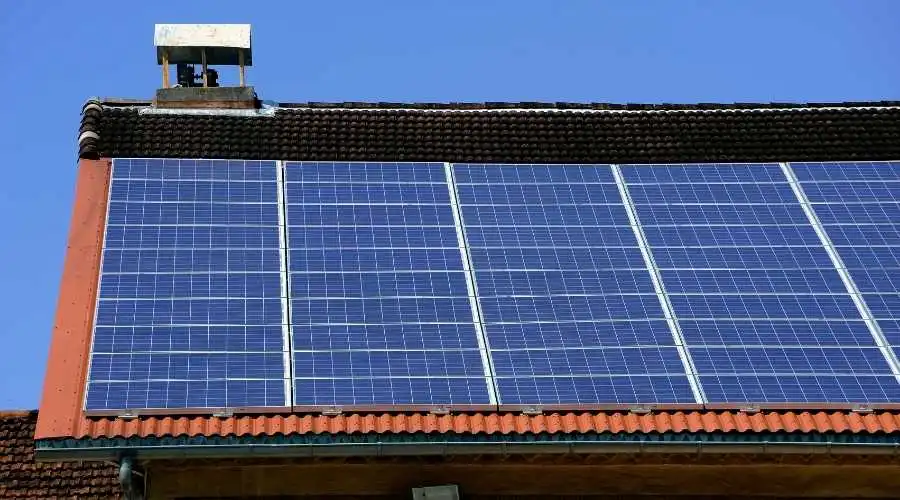Green initiatives and rising energy costs make energy-efficient roofing materials an attractive option for business buildings looking to save hundreds or even thousands of dollars each year while also doing their part to lessen their environmental impact.
Because New Jersey’s commercial and industrial electricity prices are higher than in many other states, it is critical to use energy-efficient roofing materials. With an average of 12.91 cents per kilowatt-hour, New Jersey is one of the most expensive states in the US for commercial customers. New Jersey’s industrial rate is also very costly at an average of 10.76 cents per kilowatt-hour.
Energy-efficient roofing materials are a wise investment because the annual savings increase as energy costs rise over time. It’s easy to see why using energy-efficient roofing materials should be standard when assessing your commercial roofing options when you multiply yearly savings by the decades-long lifespans of commercial roof systems and solar installations.
What Are My Options?
There are various options to choose from when it comes to commercial building roofs that are energy efficient. Energy expenditures can be reduced using TPO roofs, PVC roofs, and rooftop solar panels. Choosing the best roofing choice depends on your specific situation.
By improving solar reflectivity and reducing airflow, PVC and TPO single-membrane roofing systems, primarily white or light-colored, save energy expenditures. Green Building Alliance estimates that standard black roofs reflect only 5–15 percent of solar energy, while light-colored roofs reflect more than 65 percent of the incoming solar radiation.
Additionally, these roofing membranes prevent heat and cold air from escaping in winter and summer. Using the correct air barriers, sealants, and tapes, a professional commercial roofer may further restrict airflow through the roof, creating energy-efficient roofing that saves money for years to come.
Commercial Rooftop Solar
It can save money on energy expenditures by installing rooftop solar panels. Solar power is becoming increasingly popular even in regions like New Jersey, where the sun shines nearly 365 days a year. This year, New Jersey was rated 7th in the US regarding total installed solar capacity, according to the Solar Energy Industry Association (SEIA).
Commercial rooftop solar is now more cost-effective than it has ever been to use as a roofing material because of recent decreases in materials and installation costs. Today’s solar panels are more efficient at converting solar energy into power than their predecessors, even on overcast days.
Many firms also benefit from tax breaks. The Investment Tax Credit (ITC) is set to decrease from 26% in 2022 to 22% in 2023 to 10% in 2024.
The cost of a solar power project can be written off in full on federal tax returns because of a unique depreciation schedule known as Bonus MACRS. Solar renewable energy certificates (SRECs) can help reduce costs as an additional cash source.
Polyvinyl Chloride (PVC)
PVC is another energy-efficient roofing material often utilized in New Jersey on low-slope roofs. PVC is bonded to a layer of polyester to make it highly tear-resistant.
As the heat-welded seams are often more robust, it is a popular choice for energy-efficient roofing material under planted gardens and green roofs because of its waterproofing capacity.
Thermoplastic Polyolefin (TPO)
Two decades after its introduction, TPO has been widely accepted as an energy-efficient roofing material. TPO sales have now surpassed those of all other forms of commercial roofing.
TPO is an environmentally friendly product due to its lack of plasticizers and the fact that it can be recycled on its whole. A leading manufacturer of TPO single-ply roofing material that the Cool Roof Rating Council has approved is Carlisle SynTec (CRRC).
Comparison of TPO and PVC
TPO and PVC single-ply membranes are more or less interchangeable in general. When properly installed by trained professionals, watertight and highly reflecting single-ply membranes such as TPO and PVC are watertight and low-maintenance.
The findings of ASTM D4434 (PVC) and ASTM D6878 (TPO) tests are equivalent for the following reasons:
- Breaking strength
- Elongation at break
- Retention of properties after heat aging
- Tearing strength
Both single-ply membranes perform well in terms of break and tear resistance, which is essential for long-term energy performance. In addition, New Jersey TPO and PVC energy-efficient materials can be readily welded. The seams are solid and resistant to weather and wind damage, which can be a problem during summer storms.
TPO and PVC both have similar general performance. Therefore it’s essential to know when one has an advantage over the other. Regarding fungus resistance and sustainability, GAF claims that TPO has an advantage. Regarding chemical resistance and early flexibility, PVC has the upper hand.
PVC seams provide an advantage in hurricane-force winds because of their strength. Particularly in restaurants with grease traps, PVC’s chemical resistance can be a benefit. In tests involving heat and accelerated aging, newer TPO formulations outperformed older ones.
Which Option Should I Get?
There are several high-quality options for commercial roofing in New Jersey regarding energy efficiency. Every roof is different, whether it’s made of TPO or PVC or has solar panels mounted on top.
A qualified contractor can help you determine the best option for a commercial roof replacement using energy-efficient materials, so check out our list of 10 Important Questions to Ask Your Roofing Contractor.
Contact Us Today!
Wayne NJ Roofing is one of the best commercial roofing contractors in the area because of its decades of experience and professionalism. We create unique systems for each client using TPO, PVC, and solar panels.
To assist you in making the right decision for your business, we have extensive knowledge of various types of energy-efficient roofing, so we can help you compare and contrast your alternatives.
We’d love to hear from you about your roofing concerns. For more information or to arrange for a roof inspection, please do not hesitate to get in touch with us right away. Call us at (862) 292-9892.





